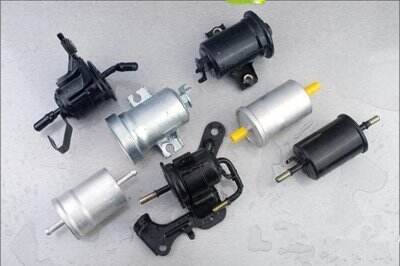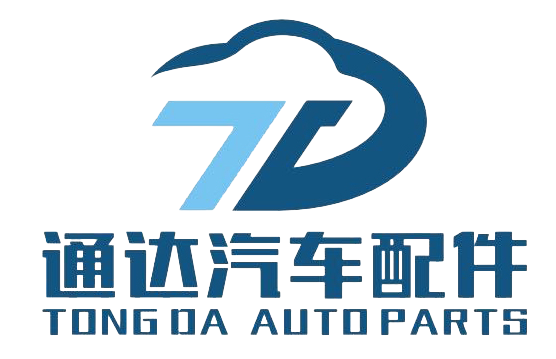Analysis of the Market Value of Automotive Filters
Analysis of the Market Value of Automotive Filters
In today's rapidly developing automotive industry, the market value of automotive filters, as a key component to ensure vehicle performance and extend service life, cannot be ignored. With the advancement of technology and the increasing demand for automotive quality from consumers, the filter industry is undergoing unprecedented changes and growth. Its market value is not only reflected in direct economic contributions, but also deeply affects the sustainable development and environmental protection of the automotive industry. This article will delve into the market value of automotive filters from the perspectives of their types, market demand, technological innovation, and future trends.

1、 Types and functions of automotive filters
There are many types of car filters, which can be mainly divided into oil filters, air filters, fuel filters, air conditioning filters, etc. according to their functions. Each type of filter plays its own role, jointly maintaining the cleanliness and efficient operation of the car interior.
-Oil filter: responsible for filtering impurities and metal debris in the engine oil, preventing engine wear, and ensuring the purity and efficiency of the oil circulation system.
-Air filter: intercepts impurities such as dust and pollen in the air entering the engine, protects the cylinder and piston from wear, and improves fuel efficiency.
-* * Fuel filter * *: removes moisture, impurities, and gum from the fuel to prevent blockages in the fuel injection system and ensure stable engine operation.
-* * Air conditioning filter * *: filters out particles, bacteria, pollen, etc. in the air inside the car, providing a fresh and healthy driving environment.
The existence of these filters effectively improves the operating efficiency of cars, extends the service life of components, and ensures the health and safety of drivers and passengers. Its importance is self-evident.

2、 Market demand analysis
With the continuous growth of global car ownership, especially the rapid increase in car sales in emerging market countries, the demand for filters in the market continues to expand. The increasing expectations of consumers for automotive performance have prompted car manufacturers to pay more attention to the quality and performance of components, which has brought broad market space to the filter industry. In addition, the increasingly strict environmental regulations have promoted the development of filters in a more efficient and environmentally friendly direction, such as developing renewable material filters and improving filtration efficiency, further expanding the market application fields.
3、 Technological Innovation and Market Value Enhancement
Technological innovation is a key factor driving the increase in market value of filters. In recent years, with the application of nanotechnology and intelligent manufacturing technology, the filtration efficiency and durability of filters have been significantly improved, while reducing production costs and enhancing market competitiveness. For example, the application of nanofiber materials enables filters to capture smaller particles, effectively reducing emissions and meeting stricter environmental standards. In addition, the integration of intelligent technology, such as monitoring the working status of filters through sensors and timely reminders for replacement, not only enhances user experience but also promotes the intelligent transformation of the filter market.

4、 Future Trends and Challenges
Looking ahead, the automotive filter market will face more opportunities and challenges. On the one hand, the rapid development of new energy vehicles will have a certain impact on the traditional filter market. For example, the demand for oil filters in electric vehicles will decrease, but the demand for battery cooling system filters will increase, requiring filter manufacturers to keep up with industry trends and iterate and upgrade their products and technologies. On the other hand, the continuous tightening of environmental regulations and consumers' pursuit of green travel will prompt the filter industry to pay more attention to the research and application of environmentally friendly materials, promoting the green transformation of the entire industry chain.
At the same time, in the face of fluctuations in the global supply chain and changes in the international trade environment, filter companies need to strengthen localized production and supply chain management, improve risk resistance capabilities, and ensure stable supply in the market.
5、 Conclusion
In summary, as an indispensable part of the automotive industry chain, the market value of automotive filters is not only reflected in their direct economic contribution, but also in their important role in improving automotive performance, protecting the environment, and promoting industrial upgrading. With the continuous advancement of technology and the diversified development of the market, the filter industry will continue to innovate, embrace new challenges and opportunities, and contribute to the sustainable development of the automotive industry. In the future, the value of the filter market will become more prominent and become a key force in promoting high-quality development of the automotive industry.

 EN
EN







































